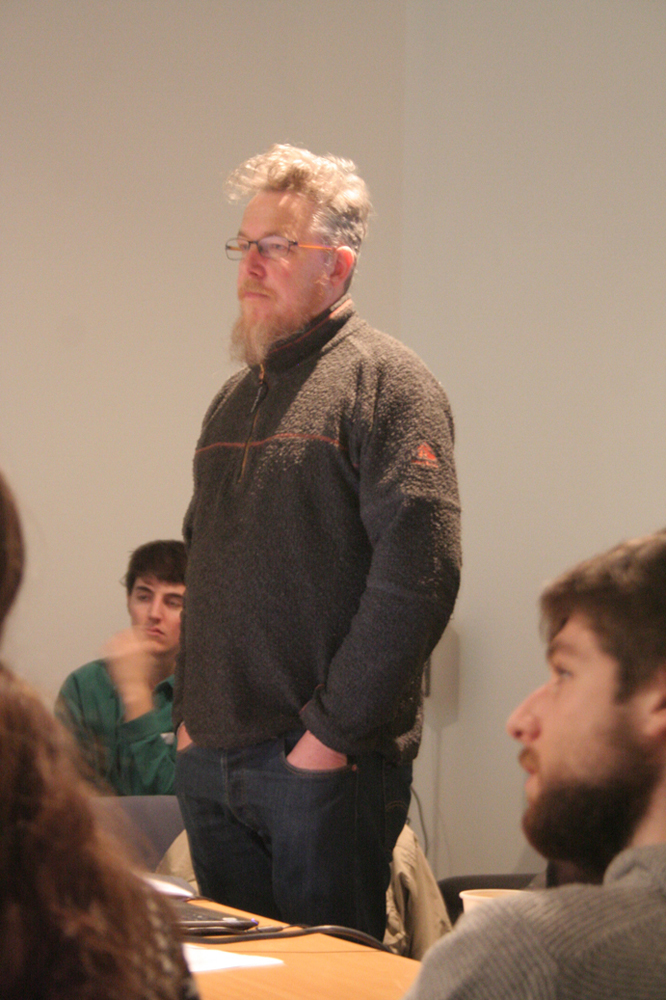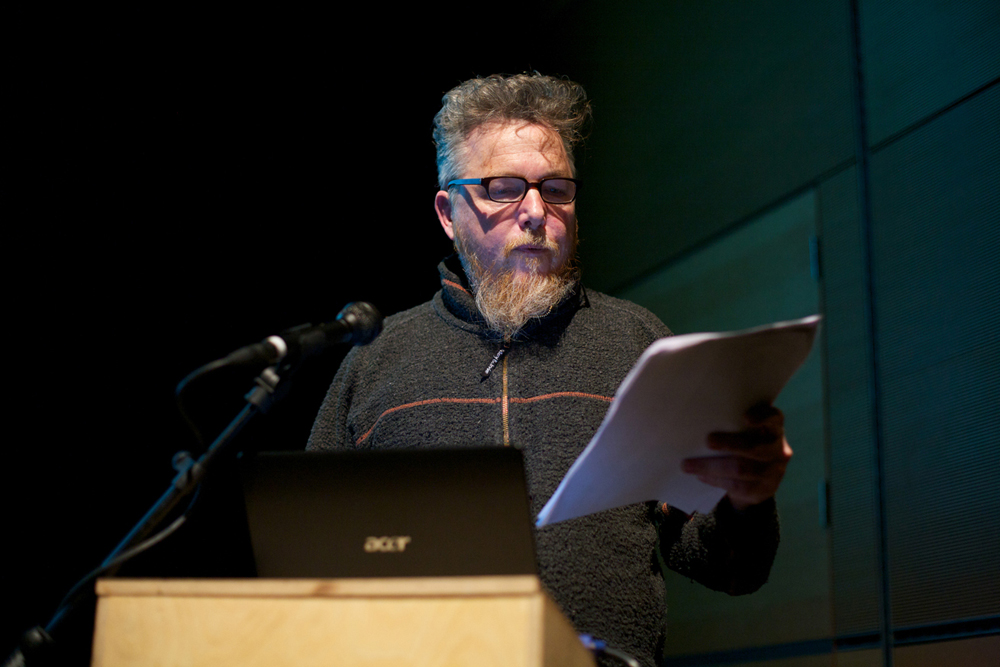Data as Documentary: Graham Harwood
Data as Documentary: Graham Harwood
Data as Documentary - a workshop with Graham Harwood
Databases carry the same seeds of creativity that early documentary makers saw in film. Both can empower people by helping them to master information, both can be claimed to represent some kind of reality or truth.
ReadGraham Harwood and Matsuko Yokokoji (collectively, YoHA) build what they prefer to call contraptions: powerful, allegorical objects that make understandable complex real-world relations. For example 1 .
Databases carry the same seeds of creativity that early documentary makers saw in film. Both can empower people by helping them to master information, both can be claimed to represent some kind of reality or truth. But equally, both can be misread for the purposes of propaganda and deception.
Can we understand Databases as film: what moving image might a database produce today, in for example the context of public health? Maybe an MRI scan or ECG readout, or maybe visual ways of engaging with the record of birth registrations held by the Office of National Statistics? Are these in some way moving images that document reality: and if they are, can we think of them as documentary?
This workshop explores how art and its methods can critically reflect on the power of databases.
- Radio Trottoir: a ‘contraption’ of mobile phones (essential component: tantalum, cause of the Coltan war in the Congo) and radio broadcast to share stories and music, and so replicate (in London, with the Congolese community) the ways in which, in a country (The Congo) where free speech has been censored for over forty years, people spread information while standing on the pavement by Radio Trottoir (pavement radio).
Documentation

▴ Credit: Alex Woodward

